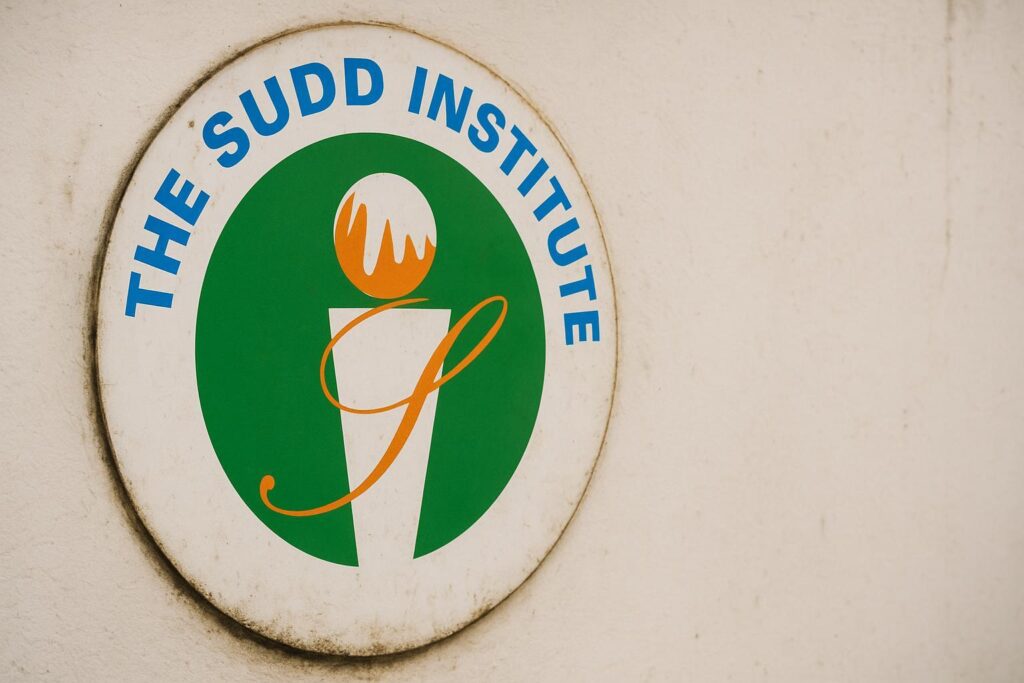South Sudan Oil Revenue and Rising Debt
A new policy brief from Juba’s Sudd Institute warns that South Sudan’s public debt is spiralling because oil earnings bypass formal fiscal channels.
Economist Bec George Anyak argues that weak implementation of the 2013 Petroleum Revenue Management Act has opened space for opaque, high-interest, oil-backed loans.
Shadow Financing and Court Battles
The think-tank details court rulings in London and Doha where creditors such as Afreximbank and Qatar National Bank secured judgments after repeated defaults.
In April, Afreximbank obtained a 657-million-dollar award; the government offered no defence, leaving strategic assets abroad exposed to seizure.
Unutilised Sovereign Wealth Accounts
The Petroleum Act created a Stabilization Account and a Future Generations Fund, but neither has been capitalised, generating what Anyak calls a “fiscal vacuum”.
Without savings, Juba resorted to non-concessional borrowing that violates its own law and magnifies exposure to oil-price shocks.
Regional Lessons in Oil Governance
The brief contrasts South Sudan’s path with Uganda’s Petroleum Fund, hailed for transparent reporting under Kampala’s 2015 Public Finance Management Act.
Anyak also cites Mozambique’s 2013 hidden-debt scandal as a cautionary tale of lost investor confidence and prolonged austerity.
Reform Blueprint on the Table
The Sudd Institute urges a moratorium on new oil-backed loans, activation of sovereign funds, creation of a public debt registry, and independent audits to rebuild trust.
“The legal architecture for stability already exists; it just needs political will,” Anyak says, warning that persistent opacity could mortgage future generations.
Economic Stakes for the Young Nation
With oil providing over 90 percent of public revenue, every policy choice today will shape South Sudan’s ability to fund schools, clinics, and jobs for its predominantly young population.


